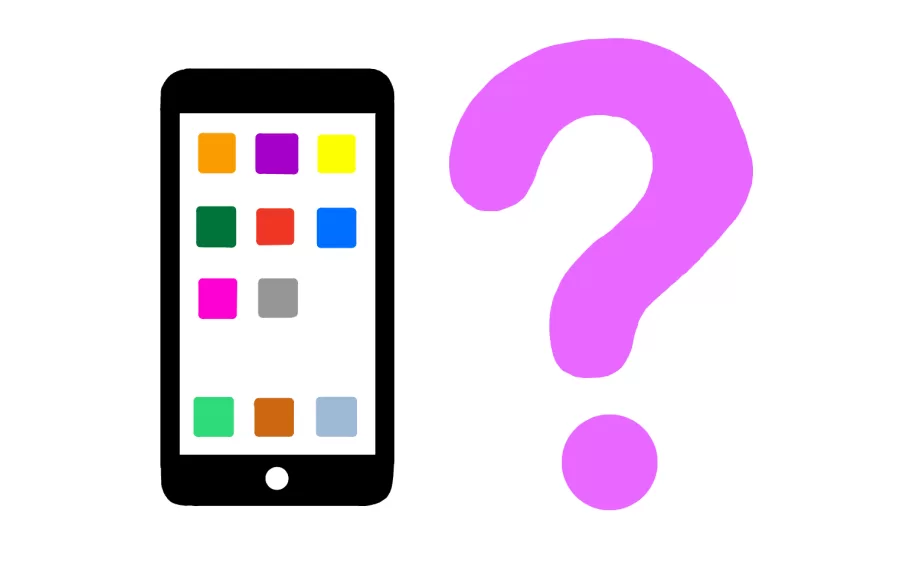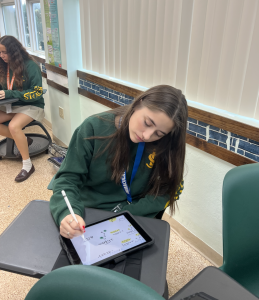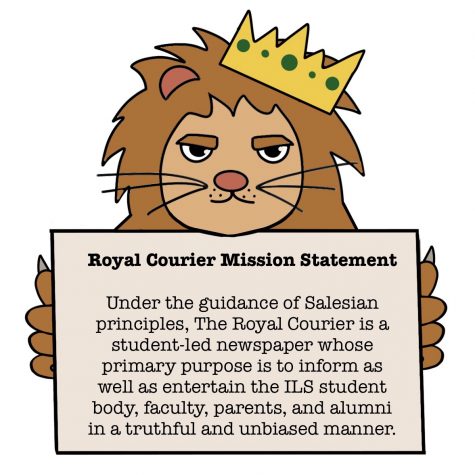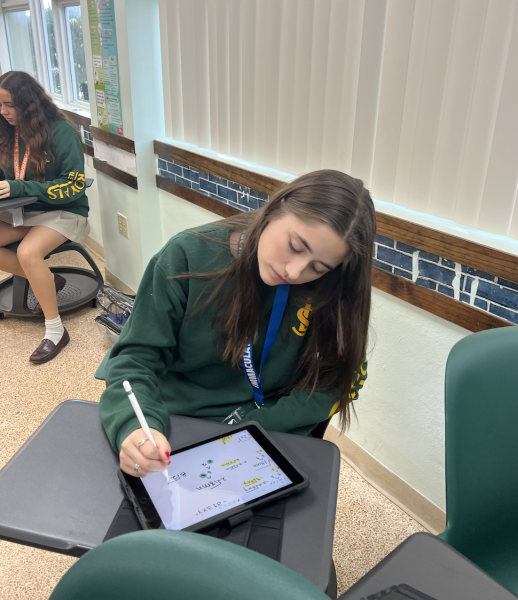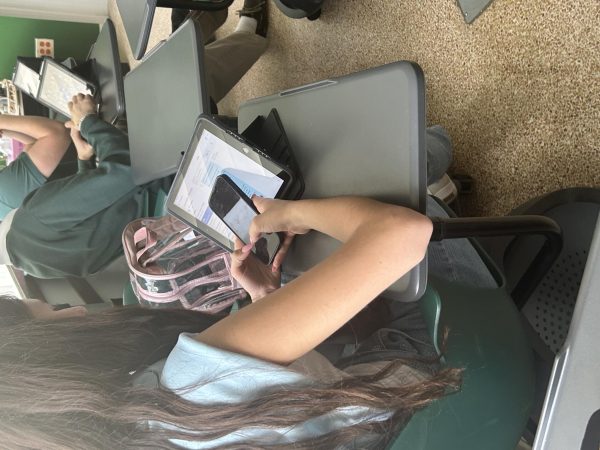Do Phones Belong in The Classroom?
Illustration: Marcella Orlandini
Obviously, students believe that they should keep their phones with them at all times, yet it isn’t only the young who depend upon their cellphones. It is easy to spot plenty of adults engaged in the same behavior.
May 24, 2023
I believe that phones should be used to a certain extent because you should still show respect towards the teacher.
— Daniel Priscal
In today’s modern era, phones have become a necessity in order for individuals to go about daily routines. Cellphones provide information and opportunities for communication. Yet, there has been an ongoing debate about whether phones should be restricted in the classroom. Phones should not be restricted to students in the classroom as they can serve as powerful educational tools to enhance the learning experiences.
Students now have immediate access to a wide variety of information thanks to their phones. Students may rapidly check up information, definitions, and other resources with a phone in hand to better learn about a subject. This informational accessibility encourages curiosity and gives students the power to take charge of their education.
If students are able to maintain the responsibility of completing assignments, then I don’t see the problem of in class phone usage.
— Daniela Coro
Thanks to their strong multimedia capabilities, phones enable students to interact with educational content in a variety of formats. Images, films, and interactive software programs help improve, and increase interest in learning. For example, online games make general ideas come to life and encourage a greater understanding in students of complex scientific concepts.
Students can collaborate both inside and outside of the classroom with the help of their phones. Students can participate in conversations, exchange ideas, and work together on projects through messaging apps and social media platforms. This stimulates collaboration, promotes critical thinking, and exposes them to many viewpoints.
“Taking away phones makes students more rebellious which is why it makes a teacher not trust their students to use their phones in a moderate way,” said sophomore Alfredo Cancelo.
Phone restrictions in the classroom overlook their practical uses. For example, phones are widely utilized in business environments for productivity, communication, and research. Students can learn digital skills and become used to the tools they will use in the workplace by allowing their use in educational settings. Phones allow specific learning experiences, which boost motivation and engagement and result in better learning results.


